Writing Workshop: What We’re Doing for Writing This Fall
In this post, I wanted to talk about writing in our homeschool this fall. Last year, we shifted to a writing workshop model. I had a reluctant writer and up until that point, writing was a chore for my son. Well, after switching to a writing workshop… writing became one of his favorite subjects!
So, what do I mean by a writing workshop? In brief this means:
- We have a set area where we meet together to write each day. We have materials stocked and ready to go. (See more about that in this post: Creating a Writing Workshop Area)
- We write every day!
- The kids come up with their own topics.
- I *always* sit down and write with them.
- We have a set routine… we gather together in the same spot each day, read a selection together (either I read a book aloud and talk about some element of that book – characters, voice, writing style, metaphors or some other mini-lesson or we read our own books about writing — see the photos below), we have a mini-lesson. Then we set the timer for 25 minutes and write quietly with NO talking and NO interruptions.
- Once we start writing, the kids are welcome to move to other parts of the room/house so they don’t bother one another.
- The kids (and I!!) have to be on task. If ED finishes early, which happens frequently, she knows to grab a book and read. She waits until the timer goes off, but stays in the area until the end of our writing workshop time. Again, NO talking!!
- We have an opportunity to share our writings with one another at the end of the writing session.
- I never correct their writing workshop entries. This is not the time I address spelling, grammar or other issues. I take not of problems I see and work on them at other times, but writing workshop is purely for developing the joy and skills of writing! 🙂
- Each of us have a set writing journal that stays in the writing workshop area. Actually, we all have filled three or four journals now!
So what are the kids up to? ED is writing a series of Halloween stories. Today DD wrote a story about a girl who makes a casserole. 🙂 And LD is finishing up research on Ebola and his writing a brochure about the Ebola virus and how to protect yourself. And what do I do? Sometimes I write future blog posts. Sometimes I write stories. Sometimes I write about the kids (they LOVE when I do that!). And this fall, I even wrote a couple of poems… one of which I polished and read in public not too long ago!
The kids sometimes have trouble finding a topic, but encouraging them to find their own topics (and sympathizing with them when they feel stuck) ensures that they are writing things that are important and relevant to them.
That said, I do have resources available to them when they are stuck. First, I always tell them that *all* writers feel stuck from time to time. The important thing is to keep at it consistently each day. On days that I’ve felt stuck, I share my scribbles, cross outs, and faltered attempts… and explain that sometimes it doesn’t go smoothly. I also have a number of resources on hand:
For ED (age 6), I have the Start Writing… (Adventures in Literacy) books that someone once recommended. They are out of print now, but I bought them used. If I had to recommend just one, I’d suggest the Start Writing Adventure Stories because ED likes the large colorful pictures (the open book in the photo below). That’s her favorite of the 4 we have.
Meanwhile, we’ve slowly added to our collection of resources for my older two. DD and LD have both read one of the Write Source student textbooks. They also have both read Writing Magic: Creating Stories that Fly and Spilling Ink: A Young Writer’s Handbook. These are books that encourage and give helpful pointers to young writers. (We set the timer for 10 minutes and read one of these writing resource books prior to writing.) We have other books that help when they’re feeling stuck. They’ve thumbed through Rip the Page and Unjournaling to come up with ideas. In fact, DD’s story about the casserole was from an idea she found in Unjournaling. Again, if I had to recommend just one book, I’d probably suggest Writing Magic to start with.
We also still regularly use the packet I made last year for our Writing Workshop. You’ll find more about that in our post Writing Workshop Resource Pack. That entire packet is free to download.
As you may recall, about this time last year I had the kids do a biography research paper. (I shared our Biography Research Paper Resource Pack here.) This year, the kids will do another research paper of some sort, but I haven’t quite decided when we’ll start in on that.
One last thing before I go, I’ve now talked about why we use the writing workshop and how it works. But this year, I also added in Journal Prompt Writing as part of their checklist of things to do. Here’s why. ED started writing with us right from the start (even before she officially started kindergarten.) She enjoys writing, but her “stories” are always about a cat (or dog or bat…) going on various adventures. I love that she is so invested in her stories, but there’s no variation on that theme!!
I wrote up a series of journal prompts to have her branch out to other topics. I have DD also answer the prompt of the day because she *loves* to write. And, I have LD answer these to have him practice writing on a given topic (now that he doesn’t object so strenuously to this type of assignment… It used to be that something like this would shut him down and he would have absolutely nothing to write about.)
I’ll try to get those ready to share with you all in the next few days, but I thought I’d mention that here while I was on the general topic of writing!
Do you want to learn more about starting your own Homeschool Writing Workshop? Here are some related posts:
- Creating a Homeschool Writing Workshop – Post #1 — How/Why we needed a change in our writing program
- Creating a Homeschool Writing Workshop – Post #2: Creating a Writing Workshop Area and Materials to Have on Hand
- Creating a Writing Workshop Post #3: This post is about Mini-Lessons during writing time, mentor texts and includes reviews of 8 or 9 writing books that you might find helpful.
- Writing Resource Pack: This is a post about the 30-page pack I made for our writing workshop. Reference pages on the 6 +1 Wri ting Traits, Mini-Lessons, the types of writing, creating a powerful beginning, techniques for ending a story/paper, and so forth. (These writing resources are free to download.)
- Writing Workshop: Dr. Seuss Style: The kids and I had fun writing in the style of Dr. Seuss!
- Biography Research Paper Resource Pack
- Practical Pointers for Working with a Reluctant Writer (or any Writer)
- Writing Activity to Spark Kids’ Imagination!
- 40 Journal Writing Prompts (Free Printable)
- Animal Portfolio Project: writing, art and geography activities that go with any animals… With many activities to choose from. Writing activities include both fiction and non-fiction suggestions such as
- Write a speech or a letter to the president on why your animal needs protection in the wild.
- Menu: Create a humorous menu at a restaurant where your animals would like to eat.
- WWII Portfolio Project
- Writing Workshop Rules! Why the Writing Workshop continues to work so well in our homeschool.
Mini-Lessons to Use in a Writing Workshop:
- What makes a good book or story?
- Make your story come alive with details and description.
- Creating Interesting Characters
- Story Openings: Set the mood or feeling of your story
- Gathering story ideas from your own life
- Alliteration and more
Come visit us over at our Homeschool Den Facebook Page! I’d love to hear how writing works in your home!
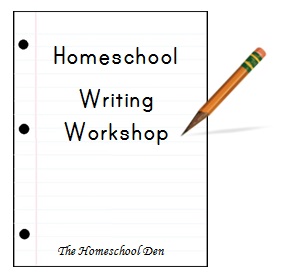
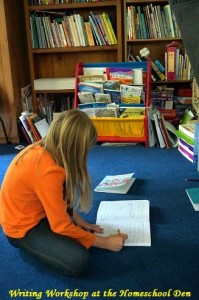
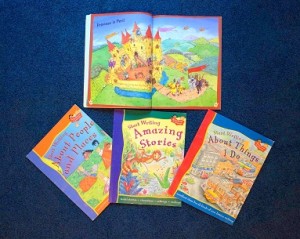
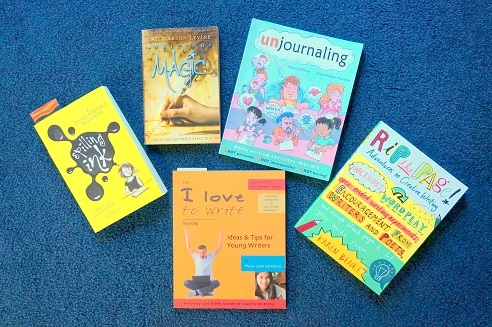


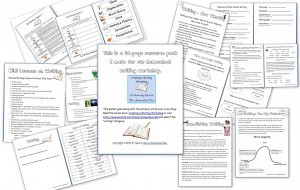
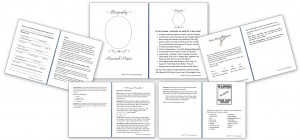
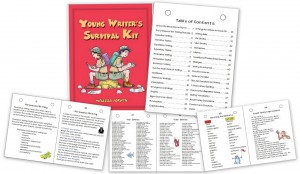
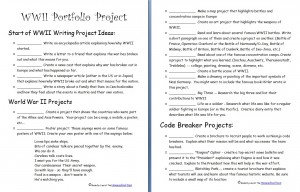
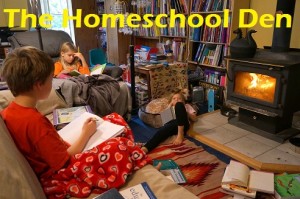


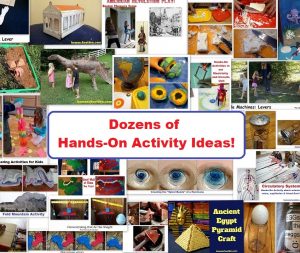



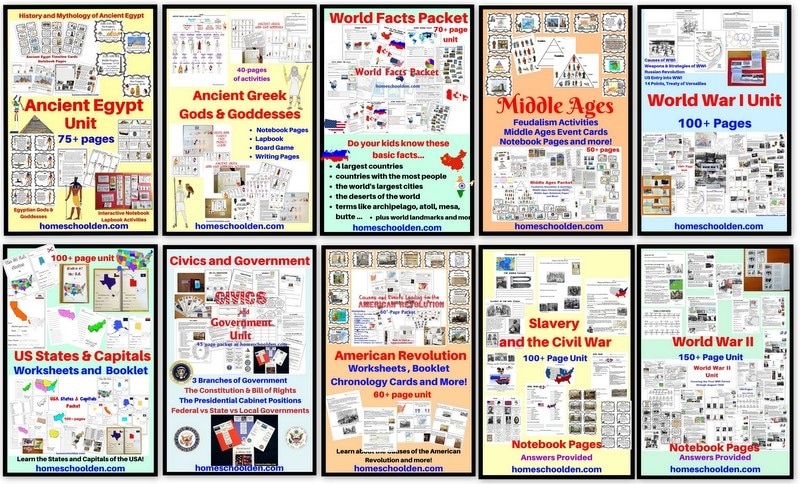
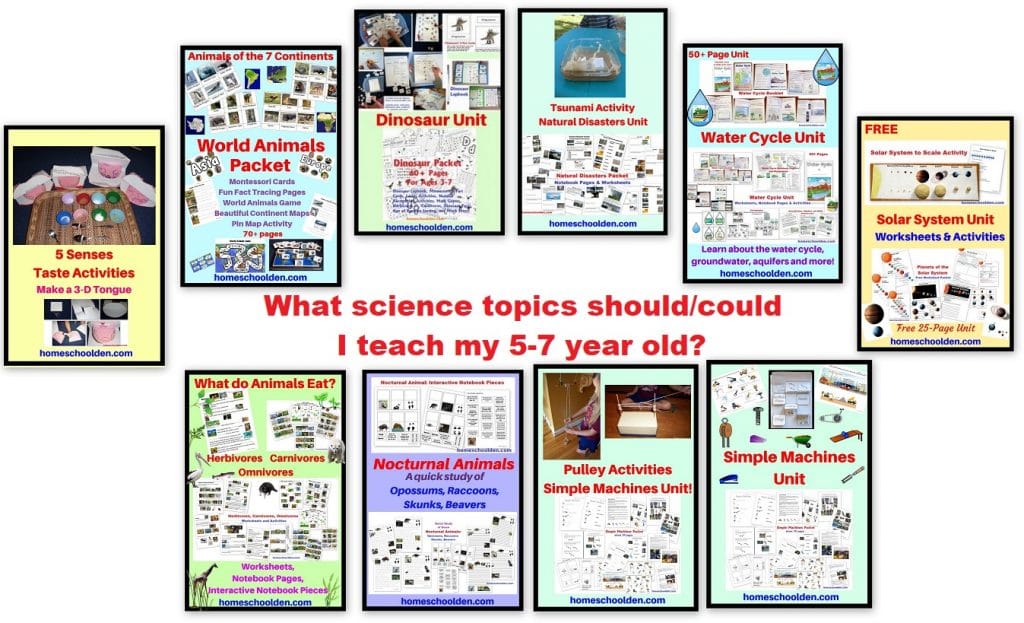

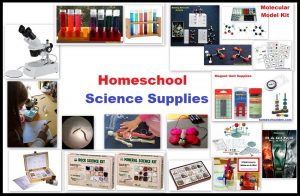
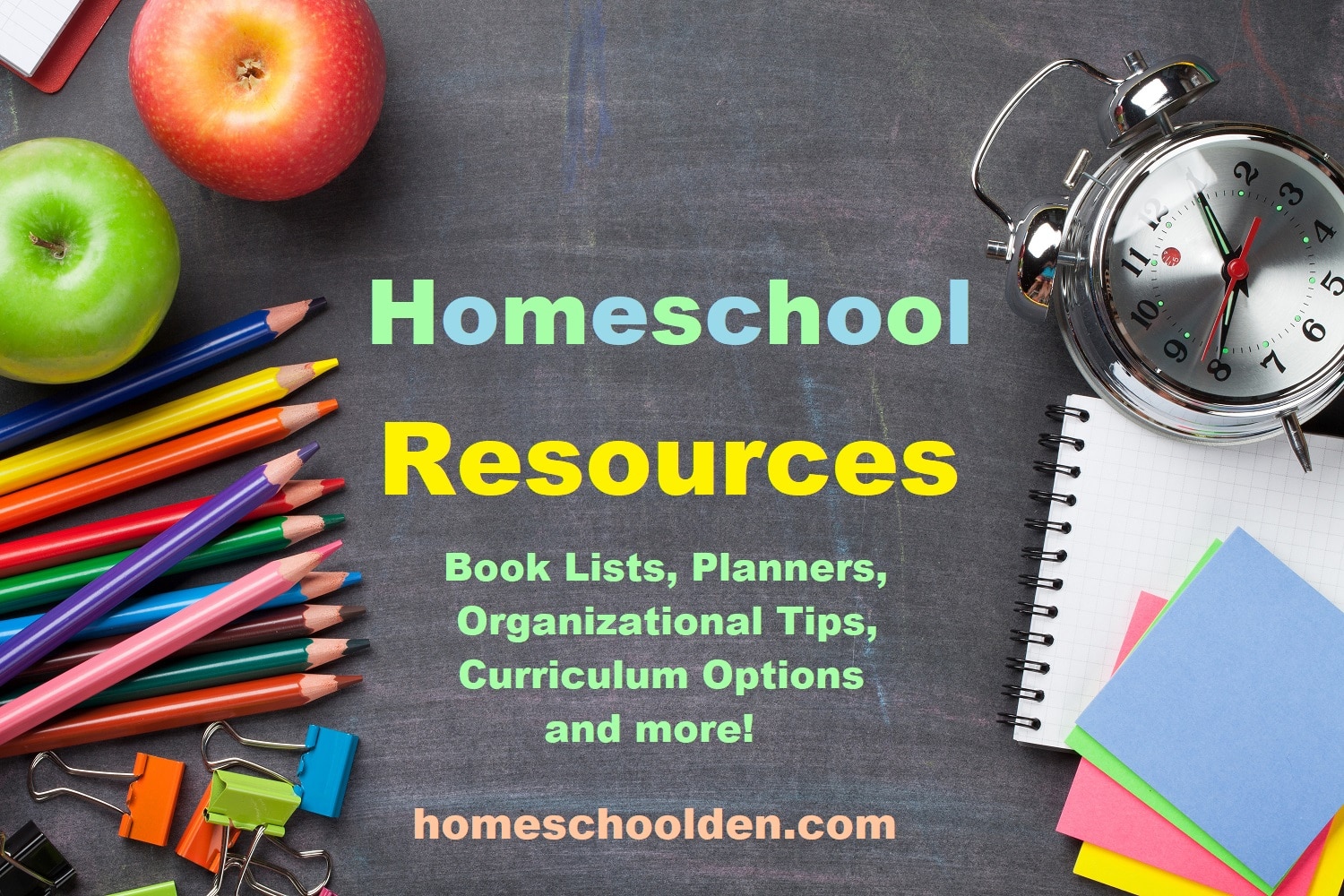

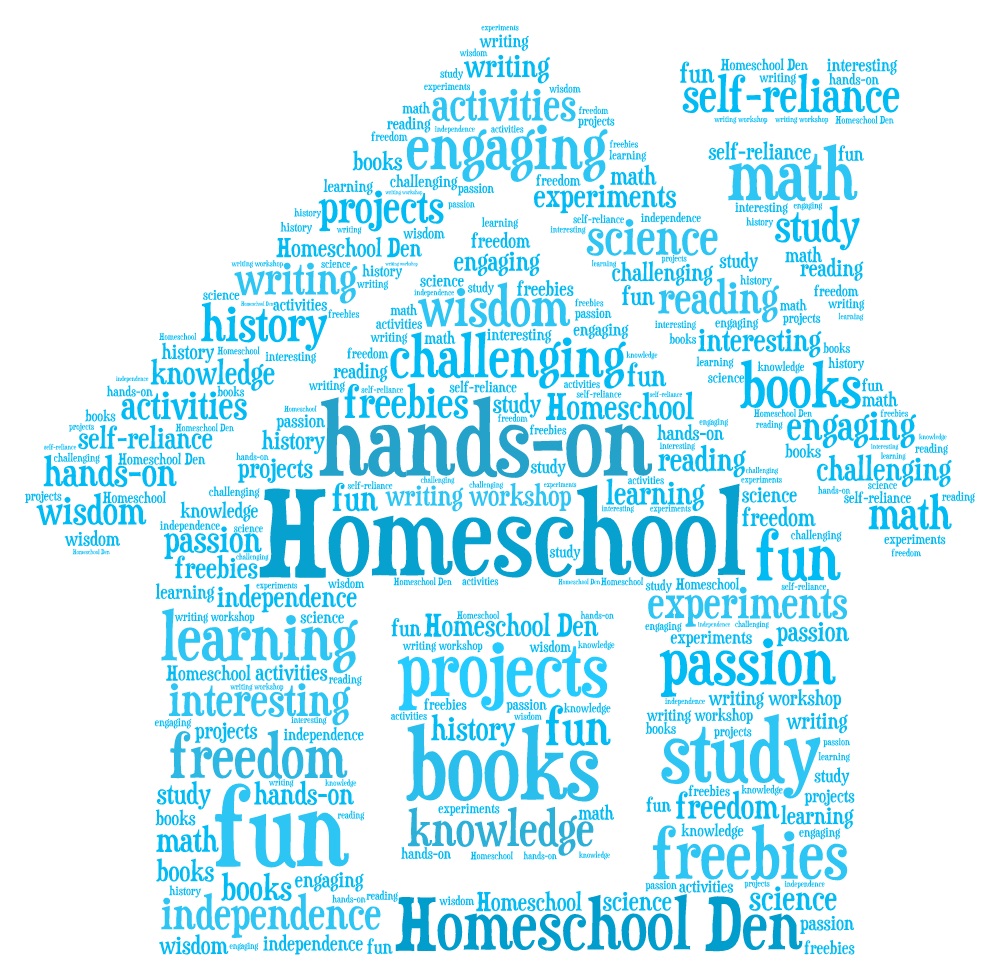

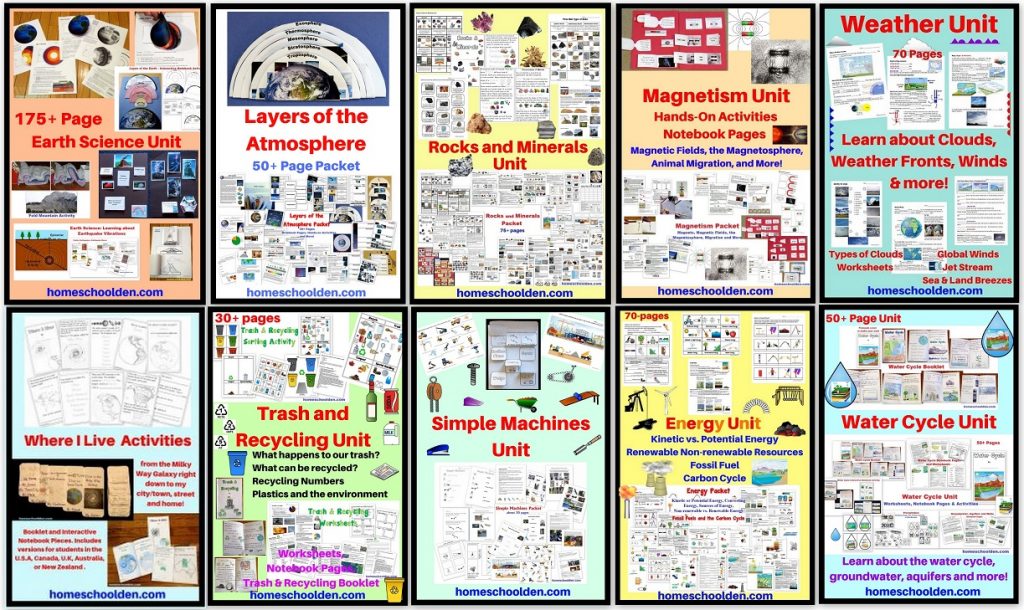

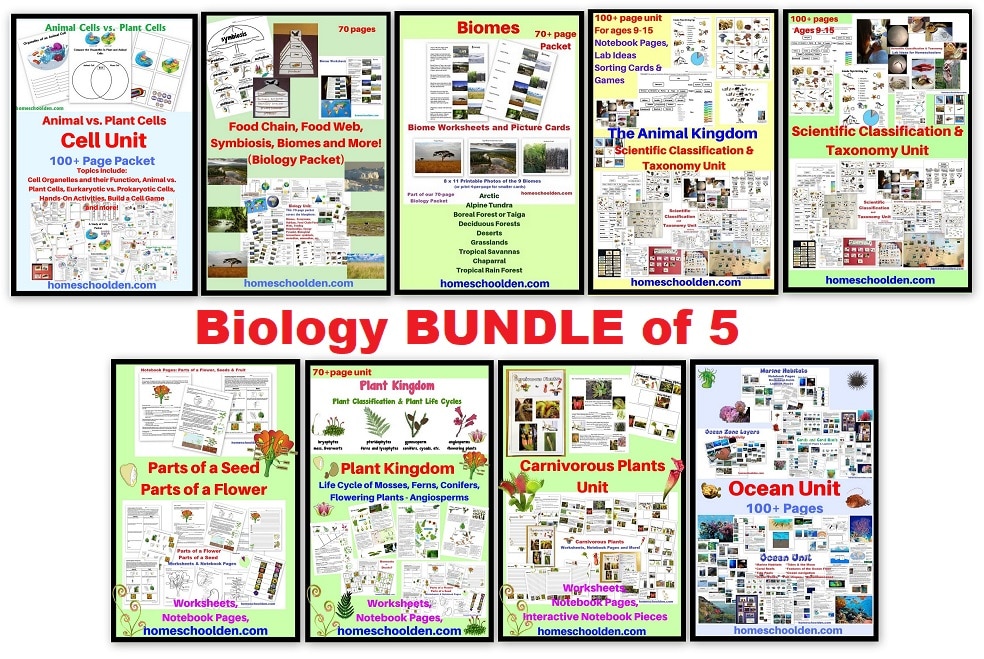
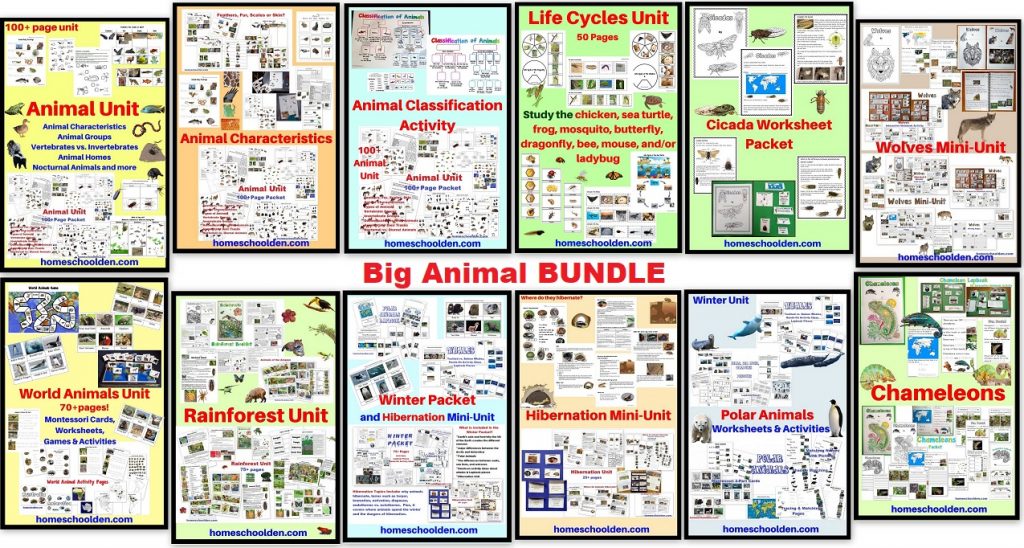




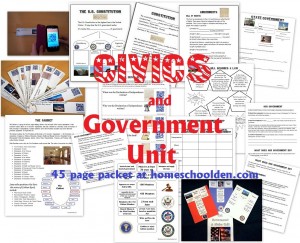
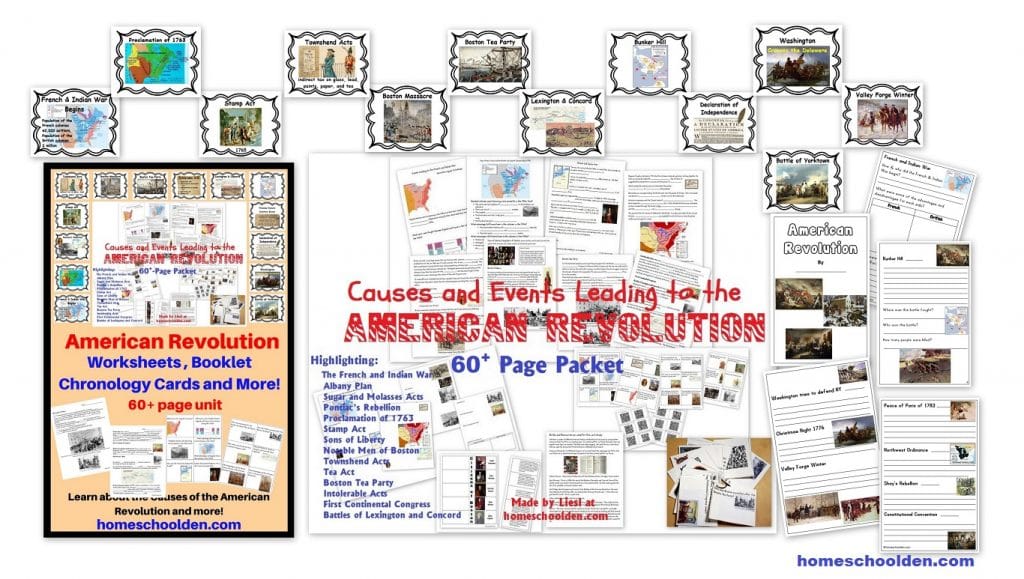
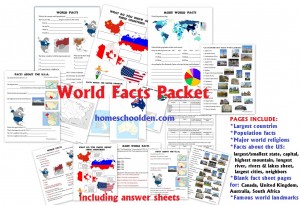
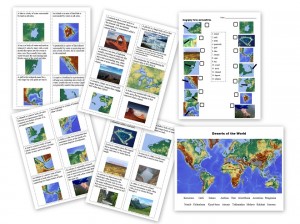
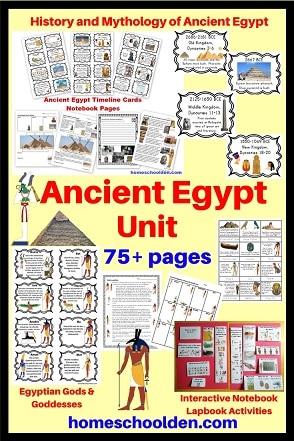
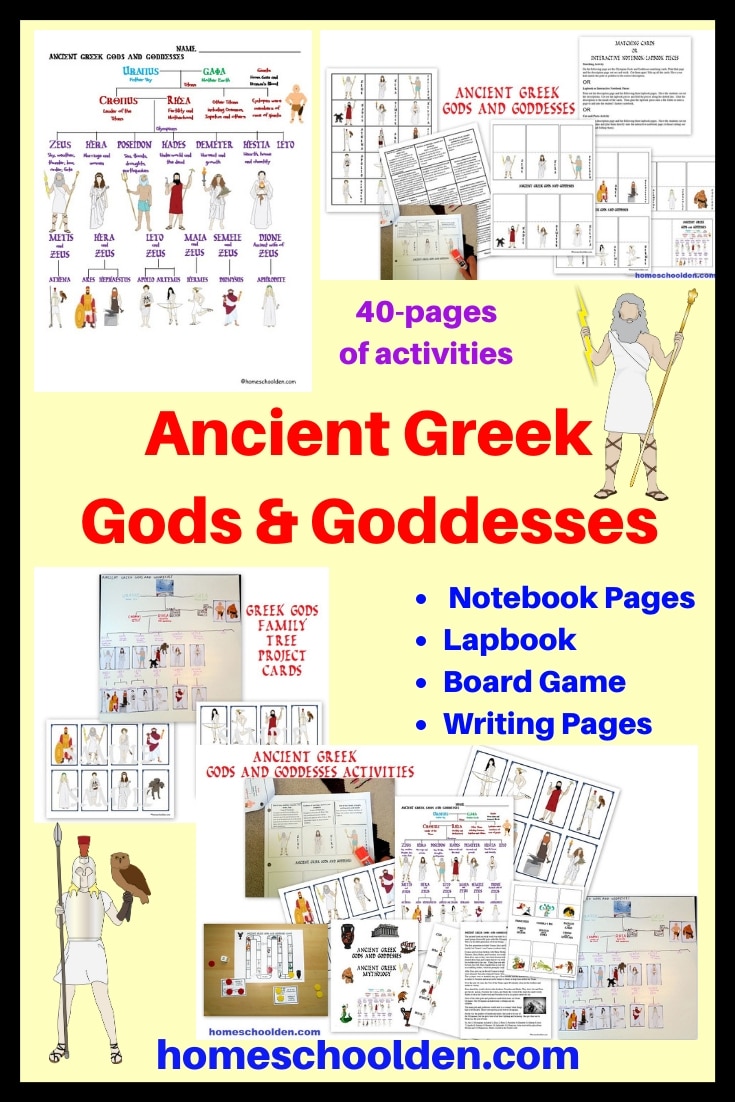


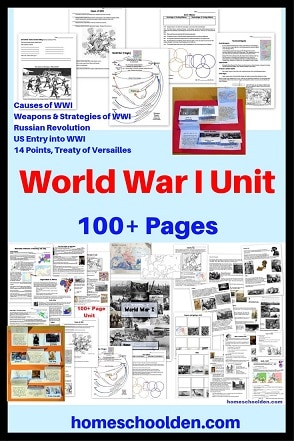
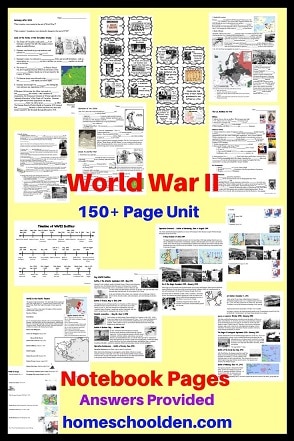
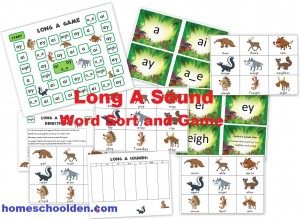
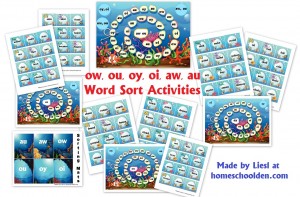
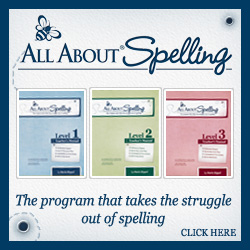
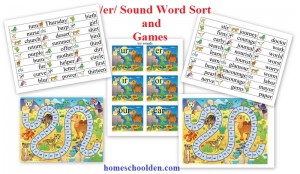
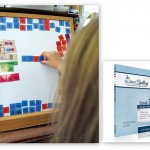
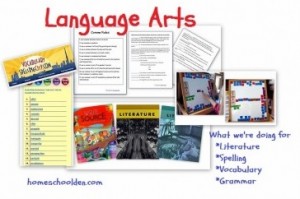
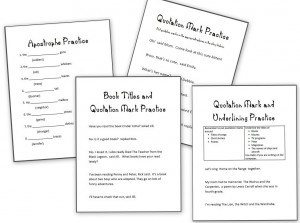

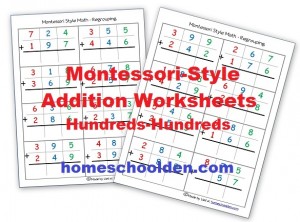
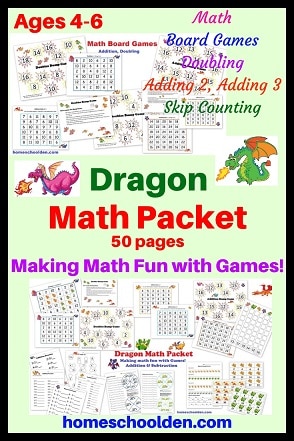
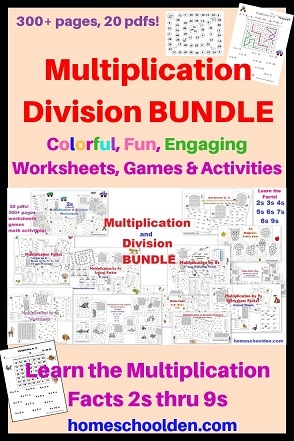
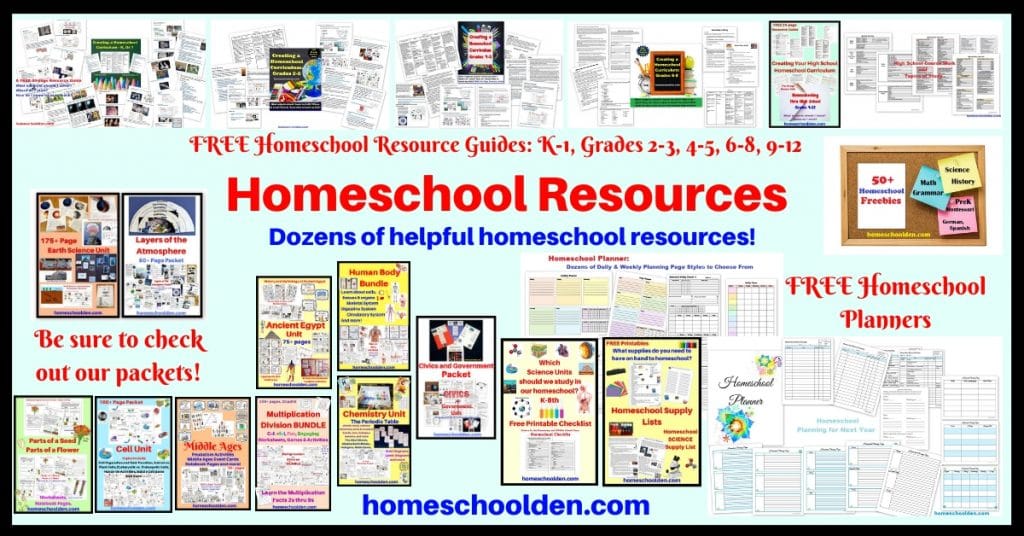
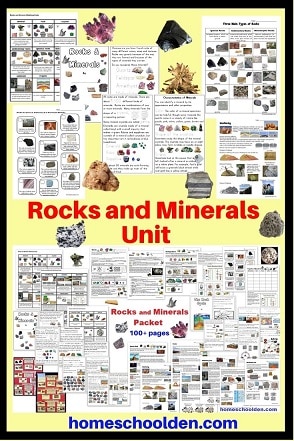
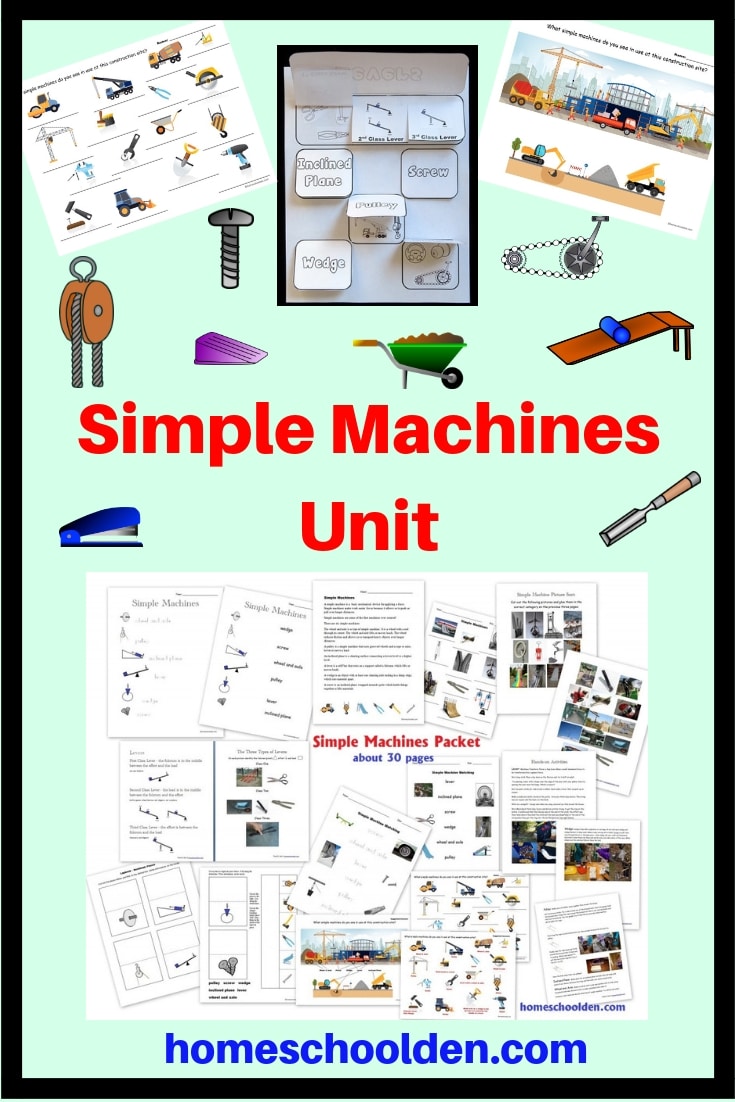

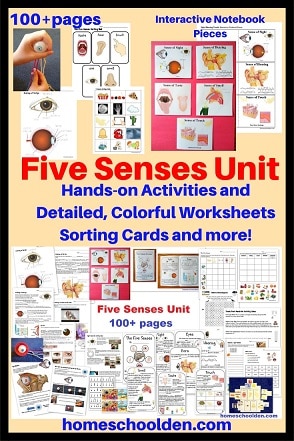
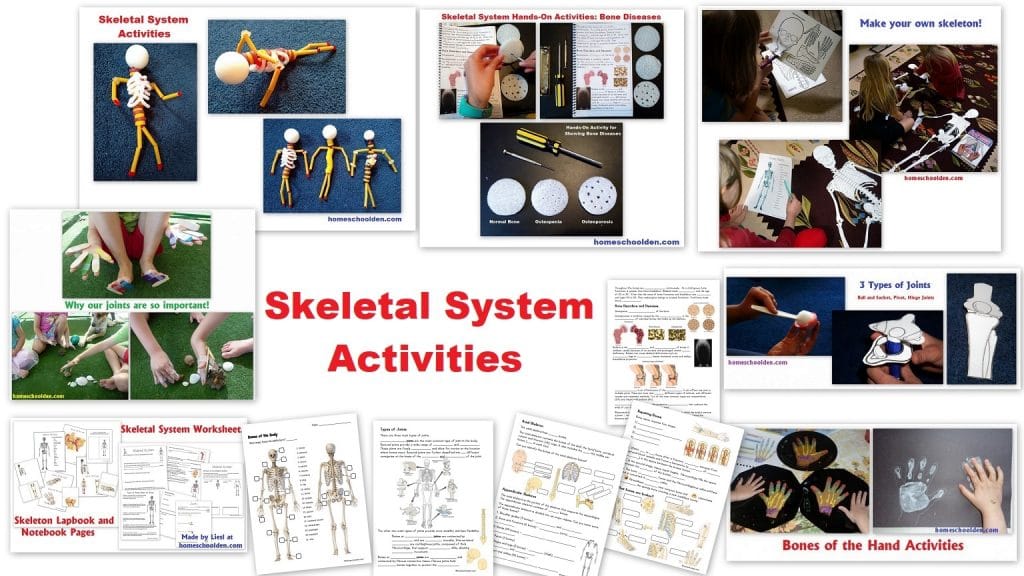
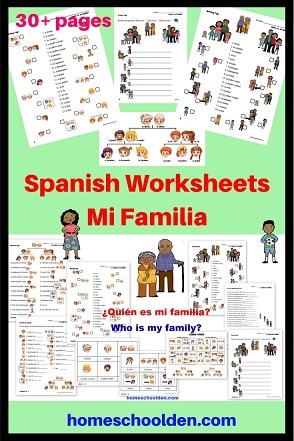
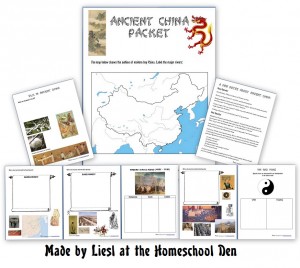
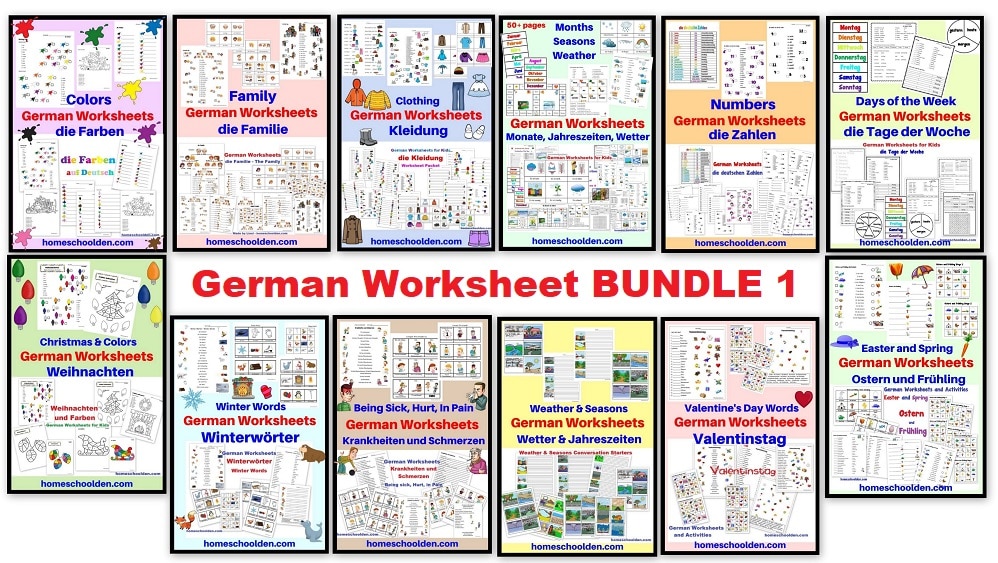
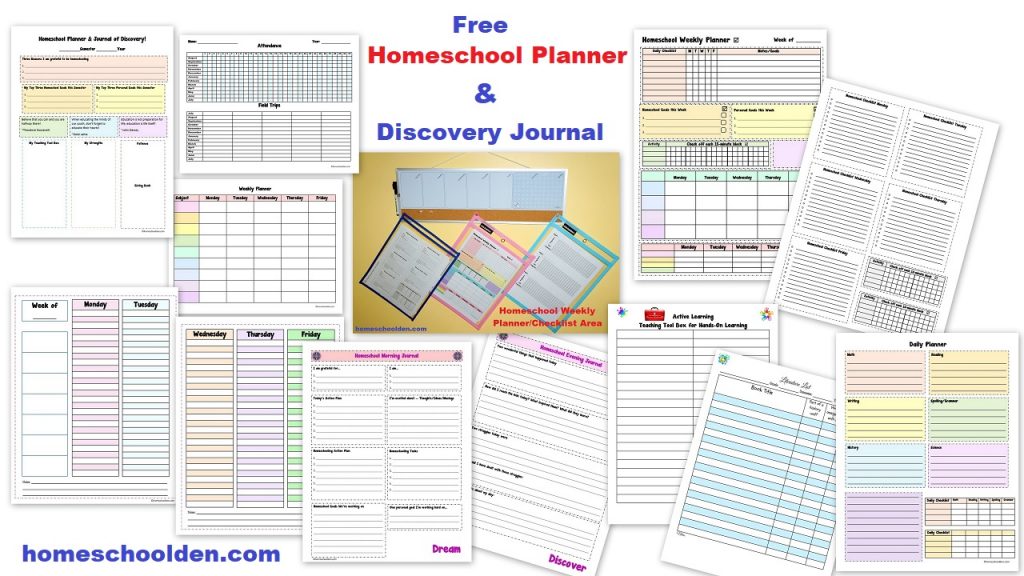
9 Responses
[…] Click here to see some of the Writing Workshop Lessons we did. I also have a more recent post: Writing Workshop: What We’re Doing for Writing This Fall […]
[…] Click here to see some of the Writing Workshop Lessons we did. I also have a more recent post: Writing Workshop: What We’re Doing for Writing This Fall […]
[…] Click here to see some of the Writing Workshop Lessons we did. I also have a more recent post: Writing Workshop: What We’re Doing for Writing This Fall […]
[…] Game with a Box and Ping Pong Balls 20. Learning Sign Language for Older Kids (and Parents!) 21. Writing Workshop: What We’re Doing for Writing This Fall 22. What To Do With That Halloween Candy? (Science Experiments, Donations…) 23. Free Halloween […]
[…] Game with a Box and Ping Pong Balls 20. Learning Sign Language for Older Kids (and Parents!) 21. Writing Workshop: What We’re Doing for Writing This Fall 22. What To Do With That Halloween Candy? (Science Experiments, Donations…) 23. Free Halloween […]
[…] Game with a Box and Ping Pong Balls 20. Learning Sign Language for Older Kids (and Parents!) 21. Writing Workshop: What We’re Doing for Writing This Fall 22. What To Do With That Halloween Candy? (Science Experiments, Donations…) 23. Free Halloween […]
[…] a blog post a few weeks ago, I talked about why we use the writing workshop and how it works. But this year, I also added in Journal Prompt Writing as part of their checklist of things to […]
[…] a blog post a few weeks ago, I talked about why we use the writing workshop and how it works. But this year, I also added in Journal Prompt Writing as part of their checklist of things to […]
[…] a blog post a few weeks ago, I talked about why we use the writing workshop and how it works. But this year, I also added in Journal Prompt Writing as part of their checklist of things to […]